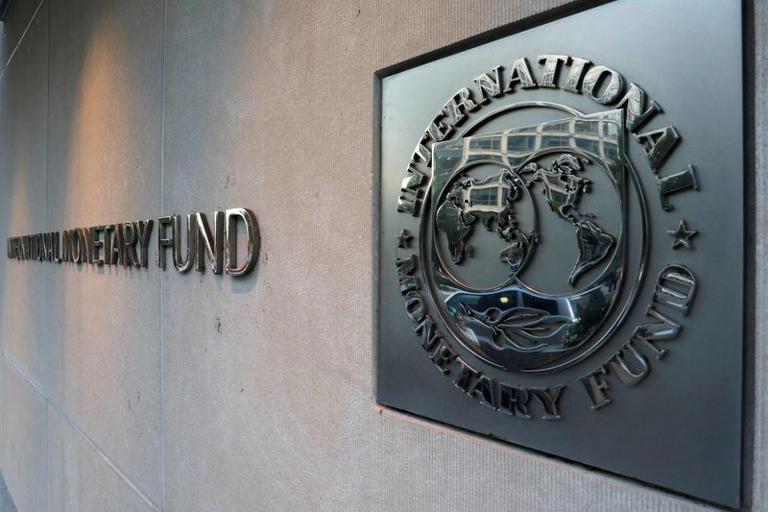The International Monetary Fund (IMF) announced on Monday that its Executive Board has completed the second review of Bangladesh’s economic bailout program. This milestone signifies a significant step forward for Bangladesh, granting the country immediate access to substantial financial assistance totaling approximately $928 million for general economic support and an additional $220 million specifically allocated to combat climate change. This financial aid comes as Bangladesh continues to navigate through multiple macroeconomic challenges.
IMF Deputy Managing Director Antoinette Sayeh emphasized the resilience of Bangladesh’s economy amidst these difficulties. She noted that despite the challenging economic environment, Bangladesh has demonstrated strong adherence to the conditions and objectives outlined in the bailout program. This includes implementing necessary policy actions and reforms aimed at stabilizing the economy and promoting sustainable growth.
Bangladesh’s economic bailout program, originally approved by the IMF Executive Board in January 2023, was designed to address pressing economic vulnerabilities and support the country’s development agenda. The successful completion of the first review in December unlocked approximately $468.3 million for economic stabilization efforts and an additional $221.5 million earmarked for initiatives to mitigate climate change impacts.
The recent approval of further financial assistance underscores the IMF’s confidence in Bangladesh’s ongoing commitment to reform and economic management. It acknowledges Bangladesh’s proactive measures to strengthen its economic fundamentals, enhance fiscal resilience, and promote inclusive growth despite global economic uncertainties and climate-related risks.
The funds allocated through this program are expected to play a crucial role in bolstering Bangladesh’s economic stability, facilitating necessary reforms, and supporting key sectors adversely affected by the COVID-19 pandemic and other external shocks. Moreover, the climate change funding reflects Bangladesh’s proactive stance in addressing environmental challenges, including mitigation and adaptation strategies to build resilience against climate impacts.
Looking ahead, the IMF’s continued support is crucial for Bangladesh as it strives to achieve sustainable development goals, improve socio-economic outcomes, and navigate the complexities of a rapidly changing global economic landscape. The financial assistance provided not only aims to stabilize immediate economic pressures but also aims to foster long-term resilience and sustainability, positioning Bangladesh for robust economic recovery and growth in the years to come.
